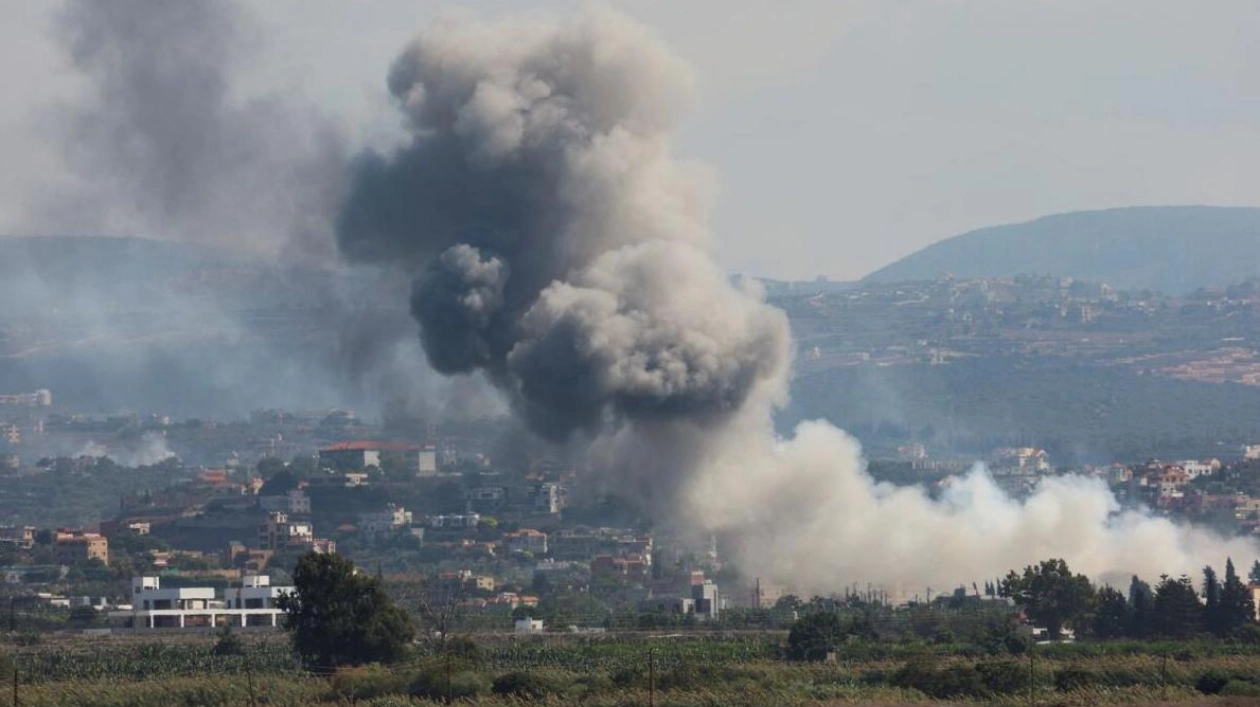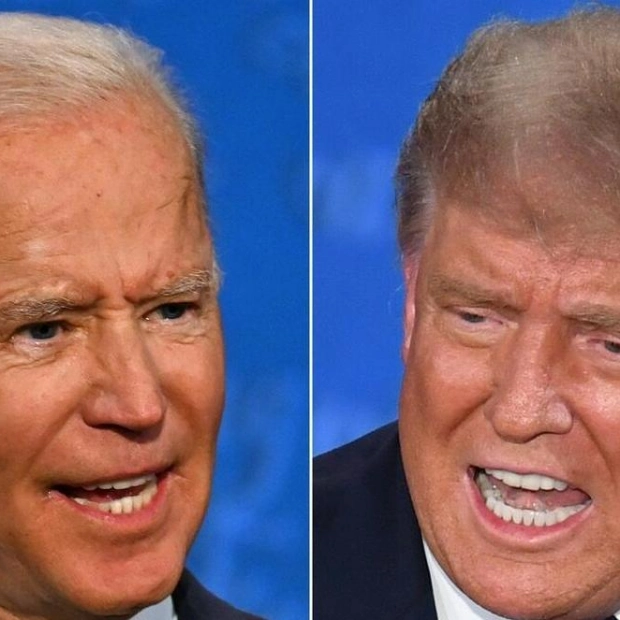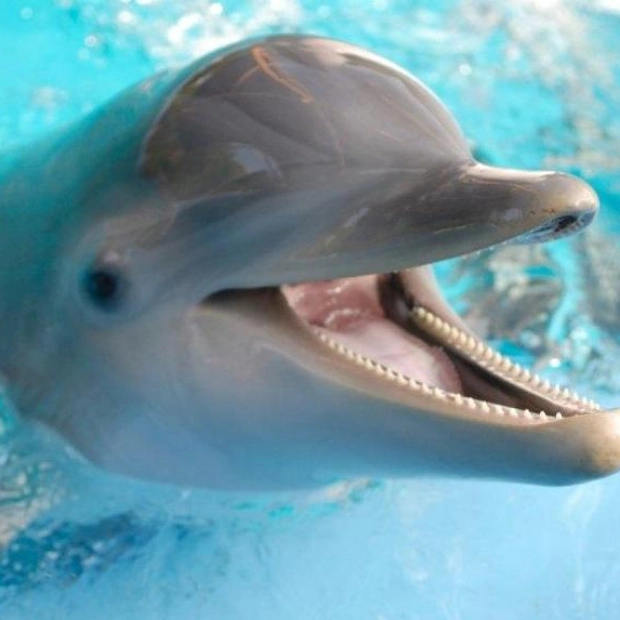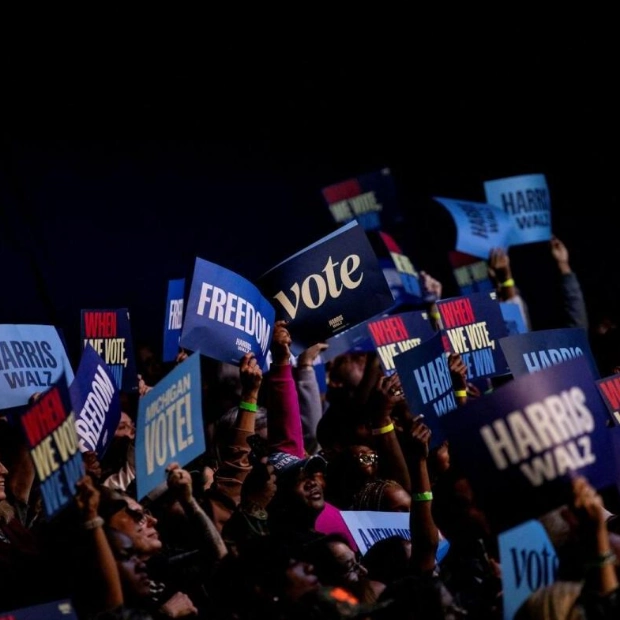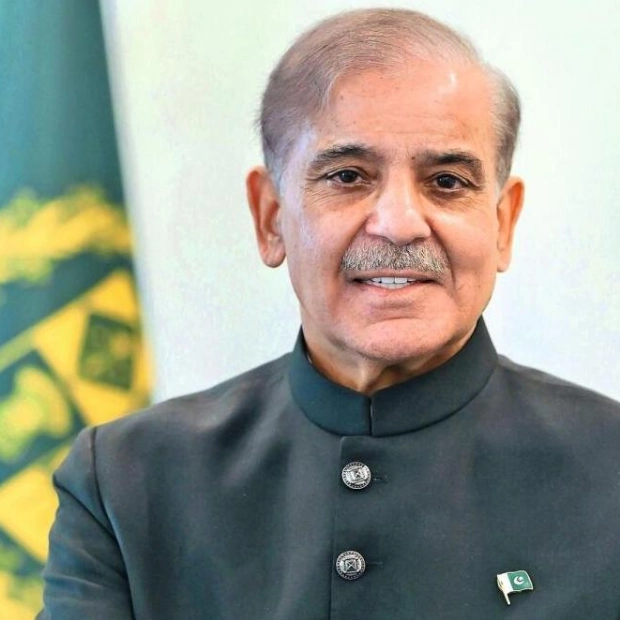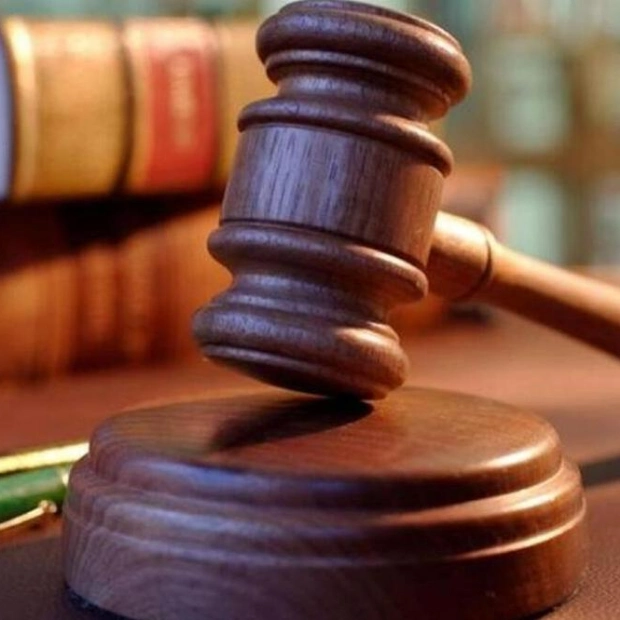Israel's military reported striking numerous Hezbollah targets in Lebanon, including missile launchers used to attack its territories, amid ongoing concerns of a broader escalation in the Middle East following the assassination of the group's leader, Hassan Nasrallah, a key ally of Iran.
Nasrallah was reportedly killed in a significant airstrike on Hezbollah's central command headquarters in Beirut's southern suburbs on Friday. Hezbollah confirmed his death but did not disclose the circumstances. Israeli Prime Minister Benjamin Netanyahu characterized the killing of Nasrallah as a crucial move towards altering the regional balance of power for years to come.
US President Joe Biden expressed support for Israel's right to self-defense, describing Nasrallah's death as a form of justice for his many victims. However, Biden also called for a ceasefire when questioned about the possibility of an Israeli ground incursion into Lebanon.
Russia condemned Nasrallah's killing and urged Israel to halt hostilities in Lebanon. Iranian media reported that a senior member of Iran's Revolutionary Guards, deputy commander Abbas Nilforoushan, was also killed in the Israeli attacks in Beirut on Friday.
Iran called for a United Nations Security Council meeting on Israel's actions in Lebanon and elsewhere in the region, warning against any attacks on its diplomatic facilities and representatives. Israeli strikes in Lebanon resulted in 33 deaths and 195 injuries, according to the Lebanese health ministry.
In Israel, air raid sirens sounded across the country, and Hezbollah vowed to continue its fight against Israel in support of Gaza and Palestine, and in defense of Lebanon.
Lebanon's caretaker Prime Minister Najib Mikati declared three days of mourning for Nasrallah, while Hezbollah did not immediately indicate who might succeed him.
